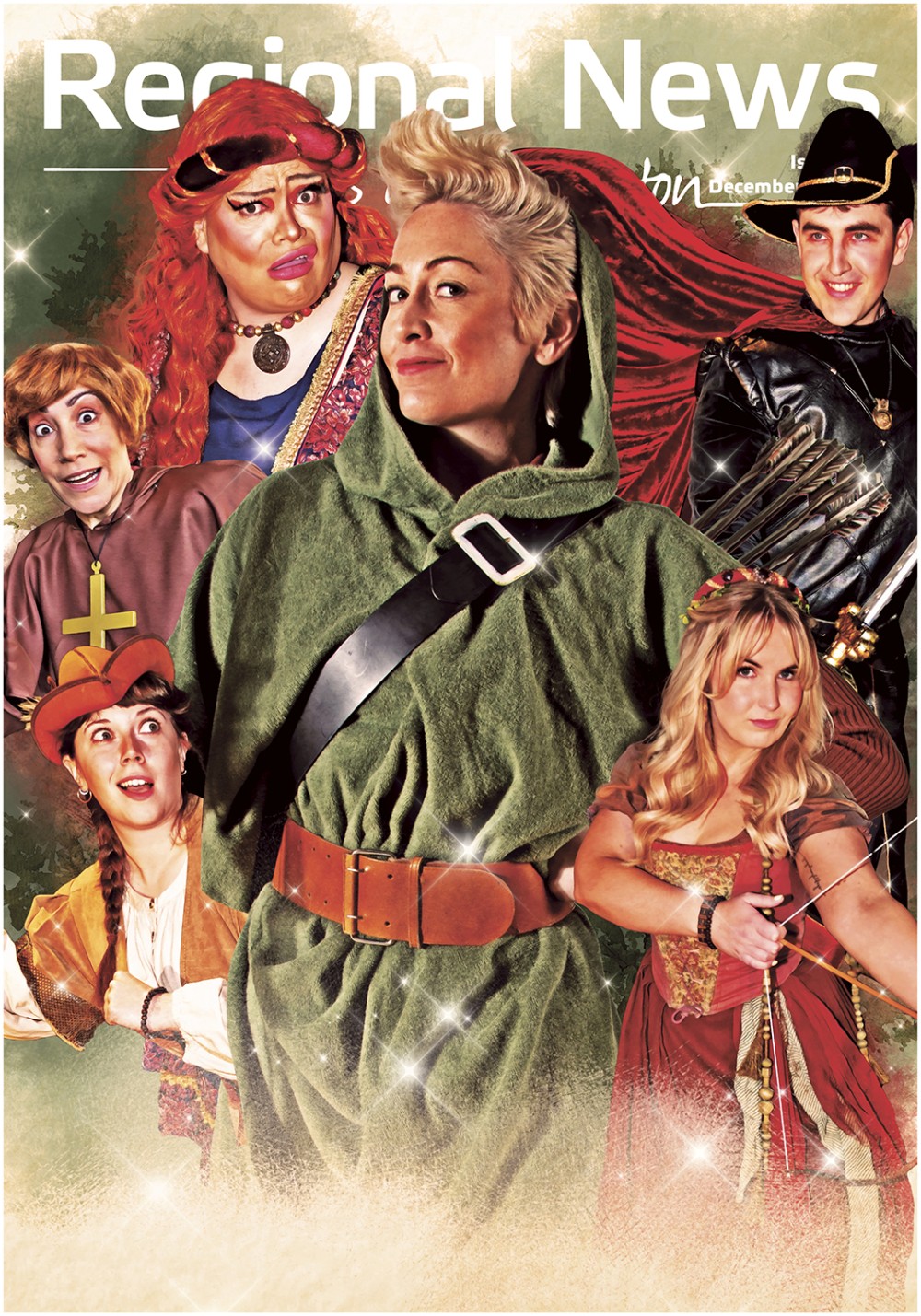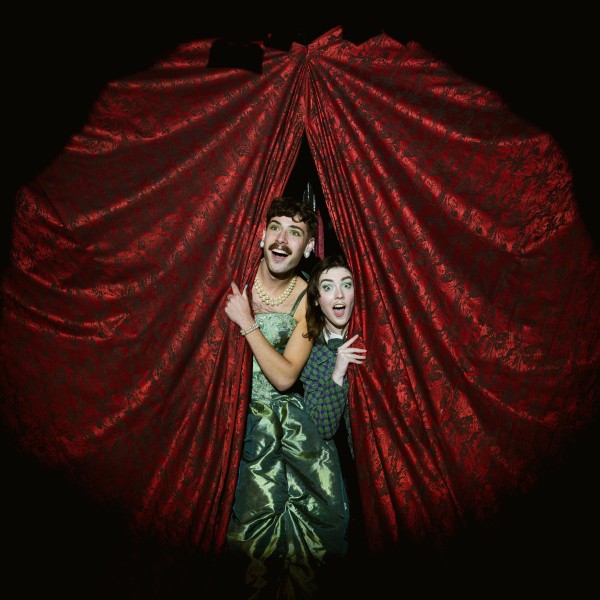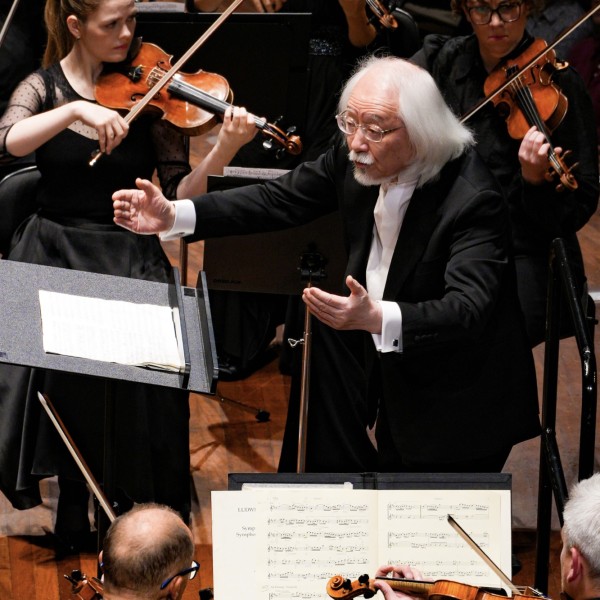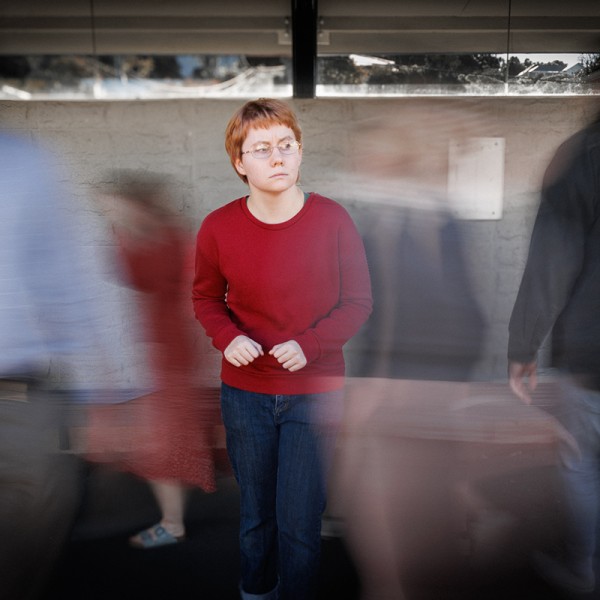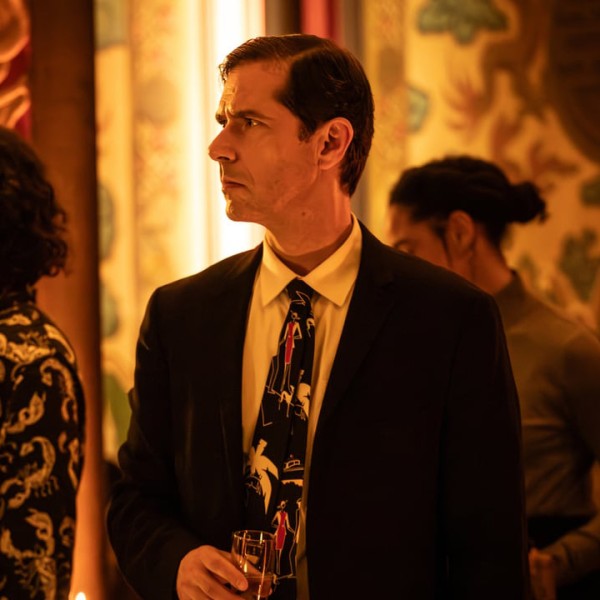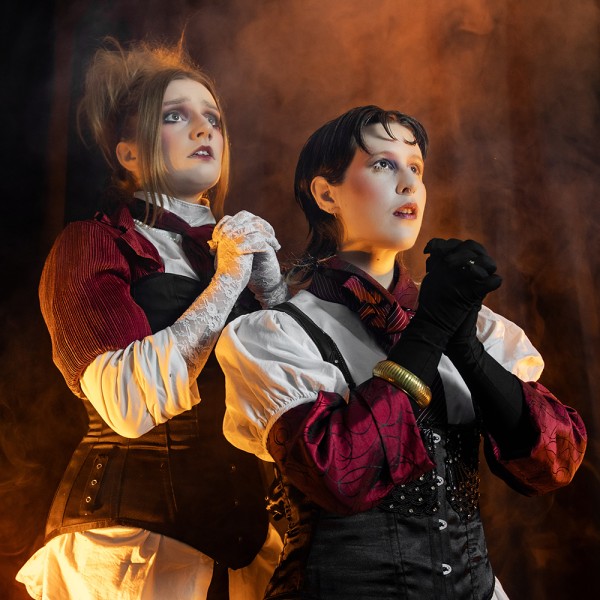
Ginge & Minge: House of Ick
Written by: Nina Hogg and Megan Connolly
Directed by: Mamaeroa Munn
Te Auaha, 14th May 2025
Reviewed by: Zac Fitzgibbon
In the state of delusion that comes from watching a show that starts at 9:45pm, we are presented with one of the most unhinged pieces of comedy I may ever witness. The comedy duo Ginge & Minge (Nina Hogg and Megan Connolly) open the doors to the House of Ick. Comprising a wide range of skits with outrageous yet relatable characters, this 50-minute sketch show is a rollicking good ride exploring all those things that give us ‘the ick’.
Hogg and Connolly play off each other’s energy excellently and are masters of physical comedy. They embody their zany characters with no holds barred. Not only are they great comedians, but they also show off many other talents – such as in their number featuring an interpretive tap dance to a poem simplified for the modern mind. Both are also strong vocalists.
Just when you think things have already reached the maximum level of mad, Hogg and Connolly push things even further. Not only does it get wilder, but it also gets messier. I have never seen such a messy show, and I do not envy whoever has to clean whatever ‘ick’ is left behind by this hilarious pair. This is a sensory experience – we see, smell, and hear many things that make us want to vomit (in the best way possible).
The set (designed by the duo themselves) also impresses. It provides a great backdrop for quick changes and houses the plethora of props used in the show for one comedic purpose or another. I’m still trying to process how these two manage to include so much comedy in such a short time.
As you exit the theatre a different person, House of Ick certainly leaves an impression. I mean that literally – the stamp they give the audience at the end of the show will stay on my hand for days. The ink is incredibly strong. See for yourself just what this crazy show can do for you.



